Think you know what the word blue means? While in English it’s a broad word used to describe everything from shimmering waters to depressed feelings, but a look at the origin of the word blue reveals it didn’t mean the color blue at all.
If Blue Didn't Originally Mean Blue What Did It Mean?
To learn the origin of the word blue, word experts looked back through the millennia to the language of the Proto-Indo-Europeans, an ancient culture rooted in Central Asia and Eastern Europe. These people used the word bhle- to describe something that was light-colored. Some scholars suspect bhle- may have even meant “yellow.”
The Origin Of The Word Blue Evolved Into Several Words For Color
As people and their languages became more diverse, so did the words based on bhle-. Here’s a short list of the terms spawned by that simple four-letter word:
belyi – Russian for white
blawr – Welsh for gray
blanc – French for white or blank
blavo – Old Spanish for yellowish-gray
flavus – Latin for yellow
phalos – Greek for white
For modern English speakers, the word blue came from the Old English bleu, which was borrowed from Old French, the language spoken by the people of northern France during the Dark Ages.
Some Languages Uses The Same Word For Blue And Green
An interesting trivia tidbit about the color blue is that many languages don’t use separate words for blue and green. Koreans, for instance, use the word pureu-da to describe both colors. Likewise the Thai word khiaw usually means green but can represent blue when describing the sky or the ocean.
Feature Image Credit: Kate Smith

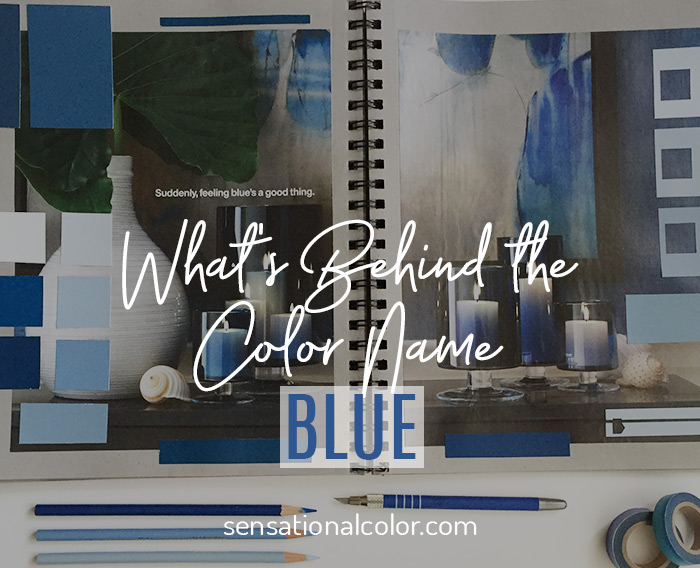
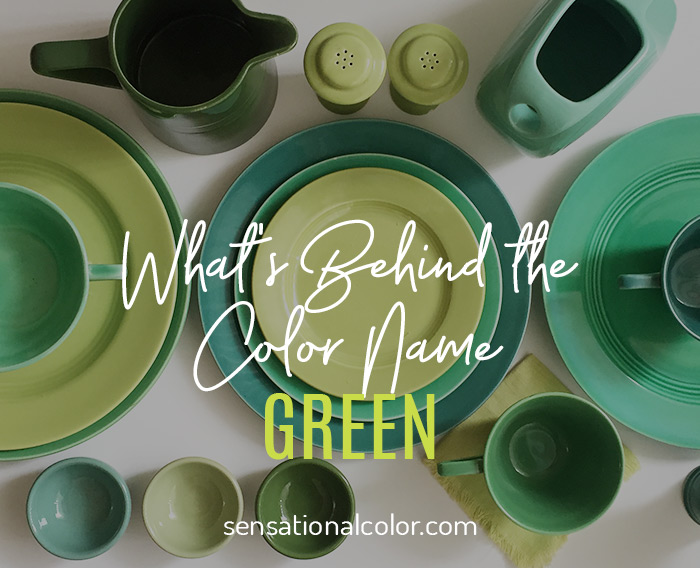
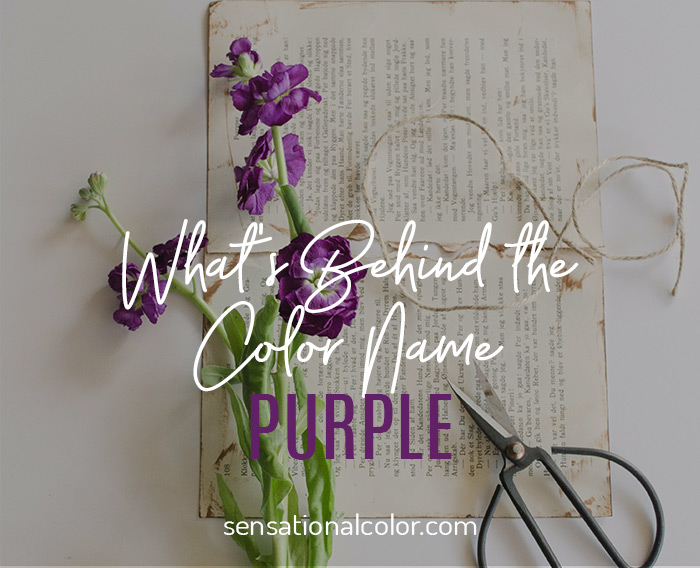
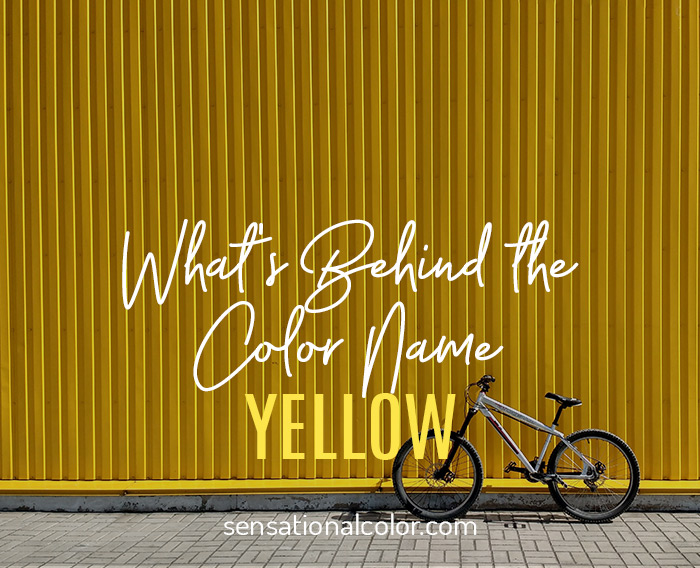
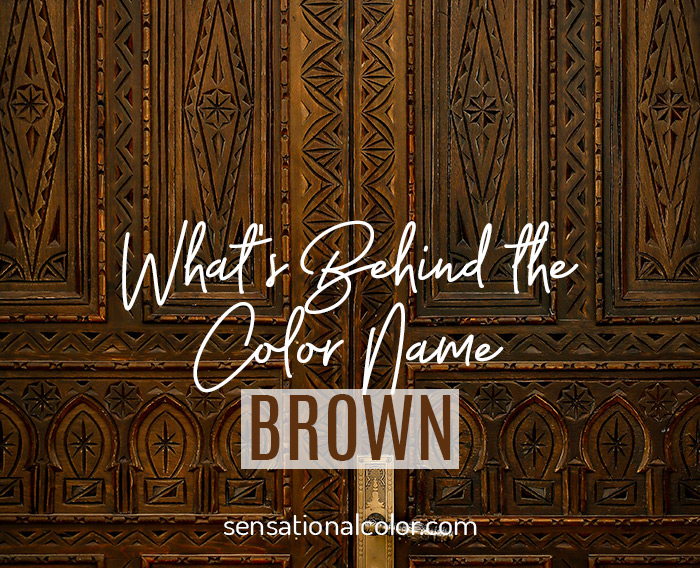
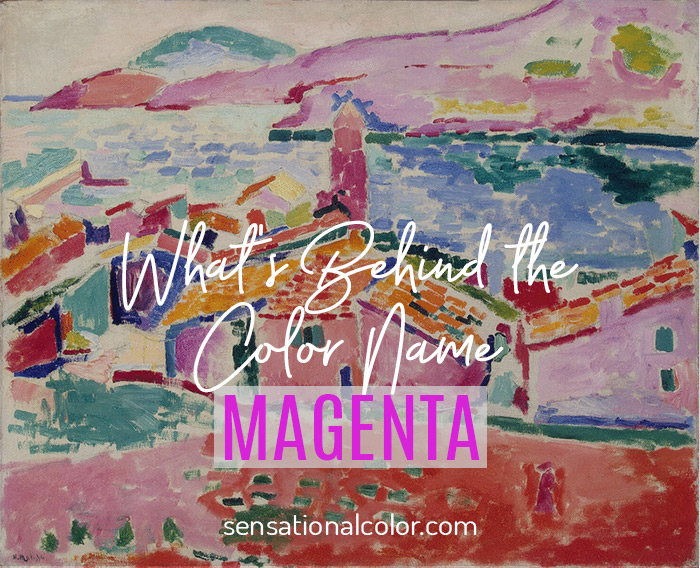
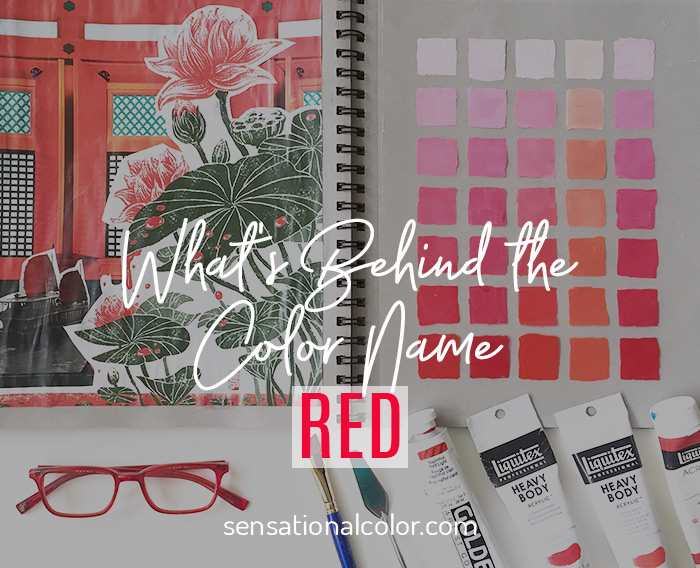
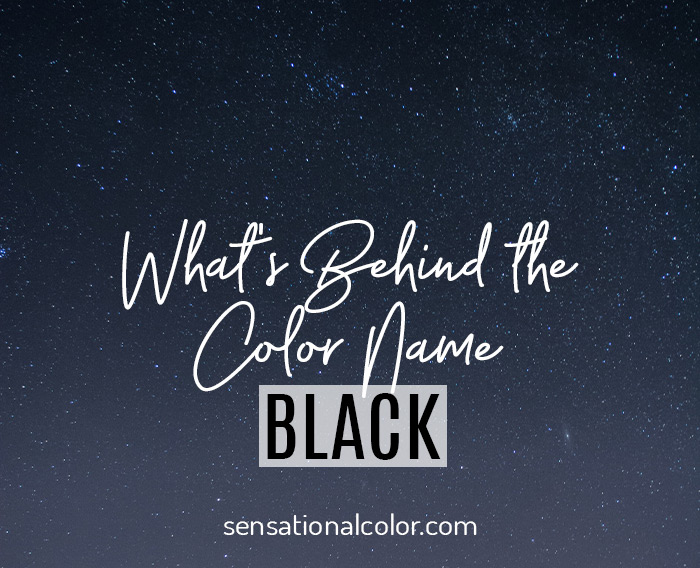
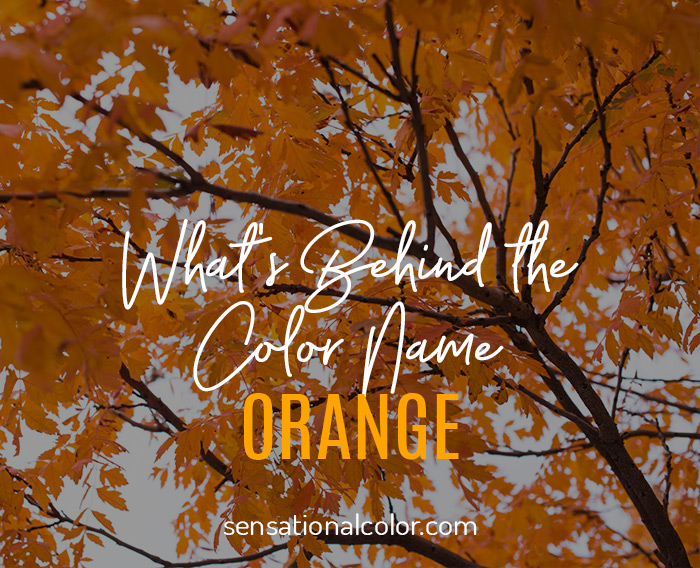
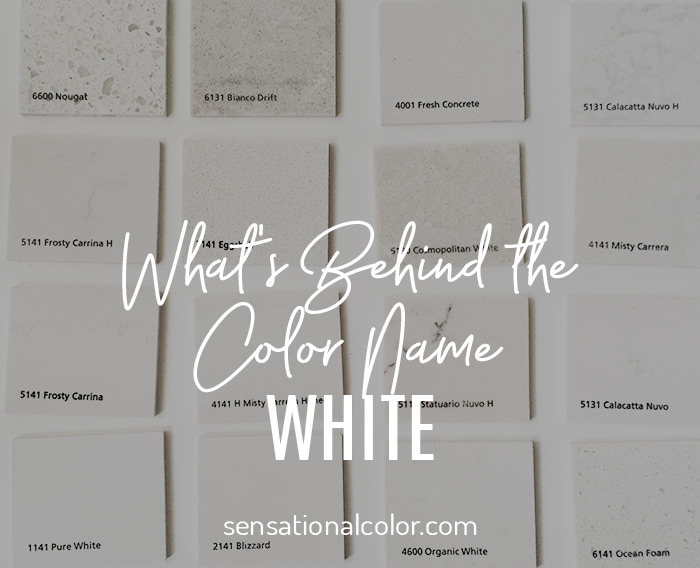

needs more info
thanks, I used this to write an essay about the word Blue, (and I quoted you!) PS Kate is like, the best name, I would know teehee :3
I hope your essay is well received. Thanks for the quote and nice message. Yes, great name. 😉
My favourite color is blue and glad to know the meaning and origin of blue color
I’m happy you enjoyed learning more about blue, Kathy. Thanks for your comment.